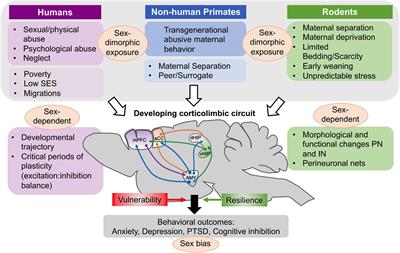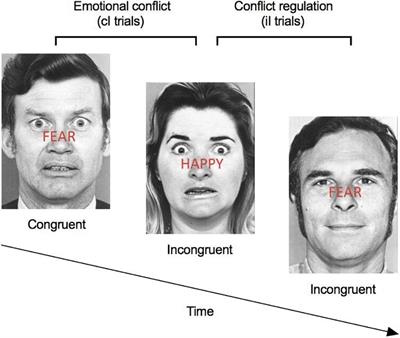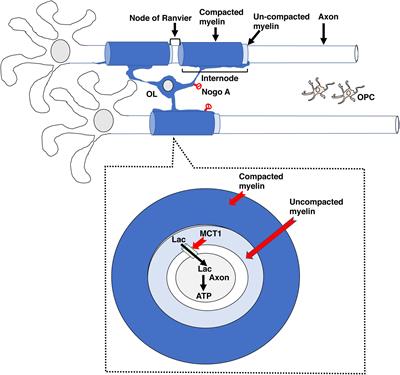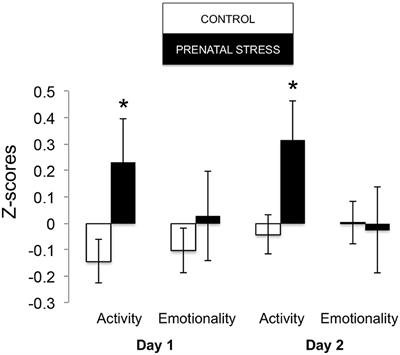EDITORIAL
Published on 05 Oct 2021
Editorial: Effects of Early Life Stress on Neurodevelopment and Health: Bridging the Gap Between Human Clinical Studies and Animal Models
doi 10.3389/fnhum.2021.751102
- 1,756 views
- 1 citation
24k
Total downloads
107k
Total views and downloads
EDITORIAL
Published on 05 Oct 2021
REVIEW
Published on 26 Aug 2021

ORIGINAL RESEARCH
Published on 02 Aug 2021

REVIEW
Published on 12 Jul 2021

ORIGINAL RESEARCH
Published on 22 Jun 2021

ORIGINAL RESEARCH
Published on 03 Jun 2021

HYPOTHESIS AND THEORY
Published on 01 Jun 2021

ORIGINAL RESEARCH
Published on 04 May 2021

ORIGINAL RESEARCH
Published on 29 Apr 2021

ORIGINAL RESEARCH
Published on 09 Apr 2021

REVIEW
Published on 09 Apr 2021

ORIGINAL RESEARCH
Published on 29 Mar 2021

